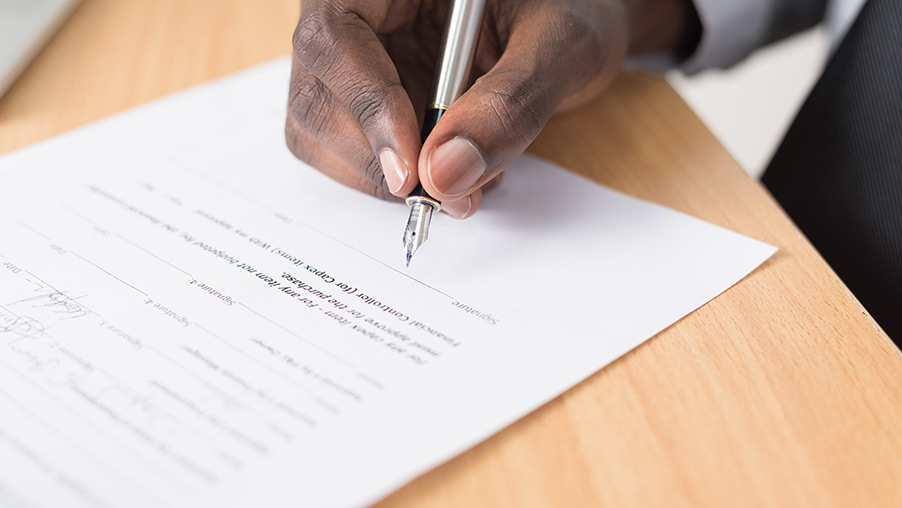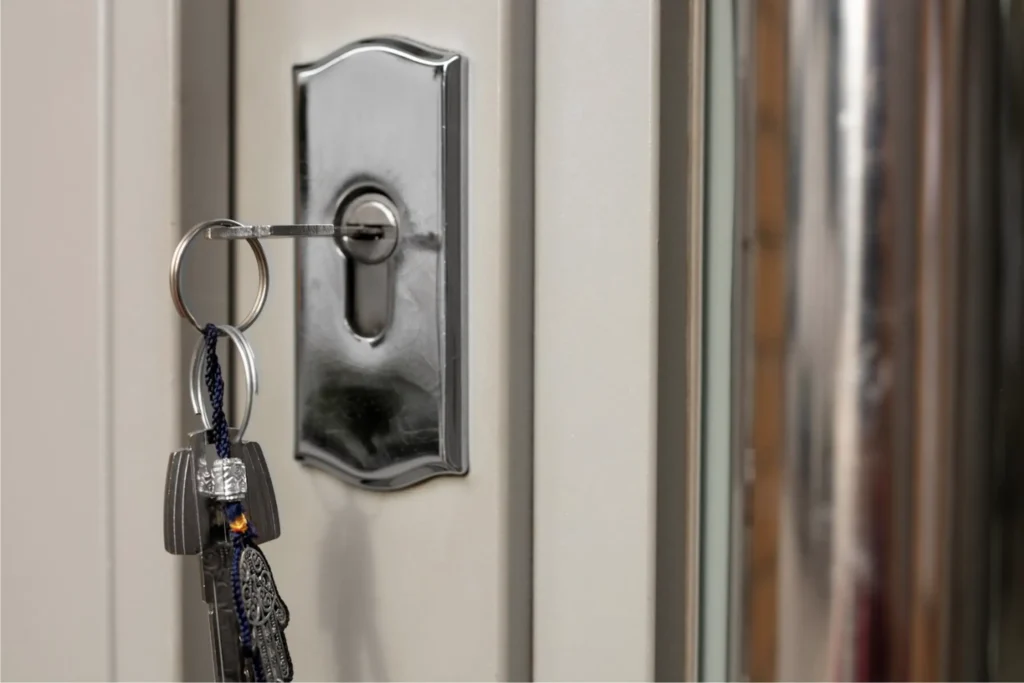
If you own a home in New York, it’s easy to assume your property is protected from lawsuits or bankruptcy. After all, the state offers one of the strongest homestead exemptions in the country. But here’s the catch: even New York’s generous homestead amount may not be enough to fully shield all of your equity.
If the value of your home has appreciated beyond your county’s exemption limit, you could be vulnerable.
This article explains what New York’s homestead protection does and doesn’t do — and what you can do to close the gap.
Understanding the New York Homestead Exemption
New York law protects your home equity from creditors and bankruptcy proceedings up to predefined limits under CPLR § 5206 and the Debtor & Creditor Law. The exact amount of the exemption depends on the county where you reside, and is adjusted every three years:
- $204,825 in high-cost counties such as:
- Kings (Brooklyn), Queens, Bronx, New York (Manhattan), Richmond (Staten Island), Nassau, Suffolk, Rockland, Westchester, and Putnam
- $170,700 in moderate-cost counties including:
- Dutchess, Albany, Columbia, Orange, Saratoga, and Ulster
- $102,400 in all other counties across the state
These amounts double for married couples who co-own their home and file jointly in bankruptcy.
To qualify, the property must be your primary residence. That can include a single-family house, condominium, co-op, or even a mobile home if you own the land beneath it.
What the Exemption Covers — and Where It Falls Short
The homestead exemption shields a portion of your home equity from unsecured creditors in civil lawsuits and bankruptcy proceedings, protecting your home up to the capped amount based on your location and filing status.
However, it does not offer protection against every financial threat. The exemption does not prevent foreclosure by your mortgage lender, nor does it shield you from tax liens (federal or state), unpaid child or spousal support, or Medicaid estate recovery actions.
When the Exemption Isn’t Enough
Consider a homeowner in Nassau County who owns a home valued at $900,000 with no mortgage. Even with New York’s top-tier exemption of $204,825, or $409,650 if the home is jointly owned by a married couple, that still leaves hundreds of thousands of dollars in unprotected equity.
In high-cost areas like Westchester, Rockland, or New York City, home values often far exceed exemption limits, meaning even homeowners who qualify may be exposed if they face a judgment or file for bankruptcy.
Legal Strategies to Protect Additional Equity
Fortunately, there are legal strategies that go beyond the homestead exemption to help protect more of your property’s value. For example, placing your home in an irrevocable trust, such as a qualified personal residence trust, can remove it from your countable federal estate tax and protect it from creditors.
While LLCs are often used for investment properties, they’re not ideal for primary residences, as they may interfere with your eligibility for the homestead exemption and capital gains exclusions.
Finally, some homeowners reduce equity through tools like home equity lines of credit (HELOCs) or a second mortgage. This approach must be used carefully, as it may increase debt risk or impact borrowing power.
Each method has financial, tax, and legal implications. The right choice depends on your long-term goals and your specific exposure.
Why You Should Act Before a Crisis
Asset protection strategies are only effective when implemented in advance. Waiting until a lawsuit is filed or a lawsuit producing event occurs may preclude you from protecting your residence.
Even in a state with relatively strong homestead laws, high property values and rising equity can still put your home at risk.
Speak with a Legal Expert Who Understands New York Law
At Ultimate Asset Protection, we help New York homeowners, families, and seniors create tailored strategies to preserve their homes and shield their equity from legal or financial threats. Whether you’re planning for elder care, worried about rising home values, or simply want to ensure your legacy is secure, we’re here to help.
Don’t wait until your options are limited. Contact us today for a personalized consultation and take the first step toward real peace of mind.


